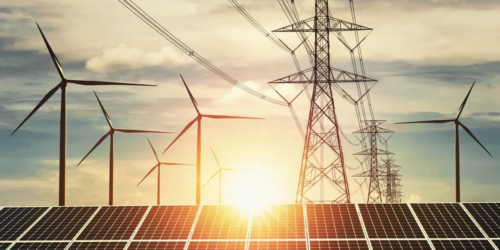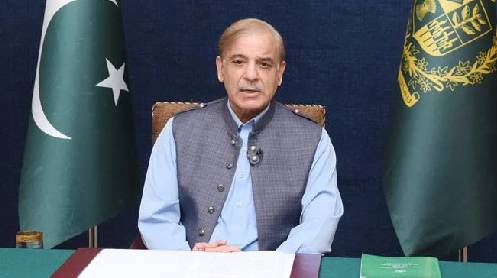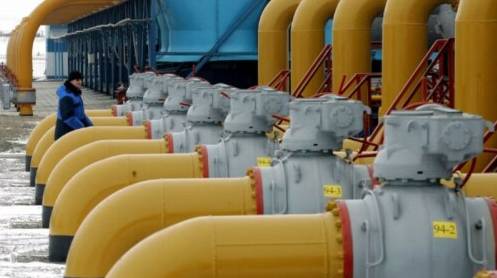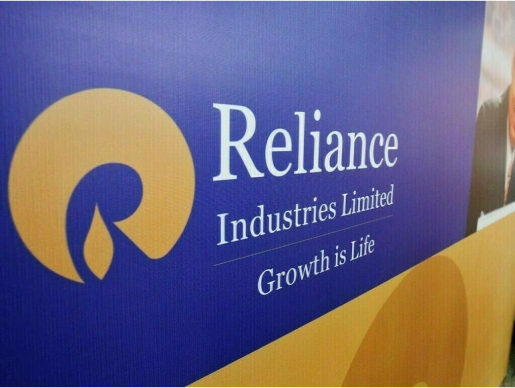“Gas is over,” proclaimed European Investment Bank chief Werner Hoyer at the beginning of this year as he stated the bank’s vision to end the unabated use of fossil fuels. European officials have since called on the World Bank to phase out lending for gas projects globally, and to end support for coal and oil. US President Joe Biden, meanwhile, pledged in the early days of his presidency to end public finance for fossil fuel development overseas.
Policy changes on fossil fuel financing have not been confined to the West. Japan Bank for International Cooperation, the export credit agency, has said it will stop financing coal-fired power overseas – a huge announcement as Japan has been a major backer of coal -fired power across developing Asia.
This followed similar policy changes at several of Japan’s commercial banks, including Sumitomo Mitsui Banking Corp and Mizuho Bank, as well as companies. In February, Mitsubishi Corp pulled out of a major coal power project in southern Vietnam and pledged to stop engaging in new coal projects overseas.
Multilateral development banks have been slow to join the trend. But they are increasingly feeling the heat of marked policy movements from Asian banks and pressure from the West. Next in the spotlight will be the Asian Development Bank, which is due to release a new draft of its decade-old energy policy from this month.
For many countries in Asia, fossil fuel projects are increasingly a fiscal burden, especially as new technologies such as wind and solar rise in quality and fall in cost. Many, including Bangladesh, Pakistan and Indonesia, have too much coal power capacity, so plants are made to operate sub-optimally and receive government subsidies in compensation. In Pakistan, these “capacity payments” are set to reach US$10 billion per year by 2023, a massive fiscal burden.
A similar problem will occur with infrastructure related to liquefied natural gas (LNG), particularly in light of highly volatile prices. Skyrocketing LNG prices during northeast Asia’s cold snap in January had an immediate impact on developing nations, with many tenders for LNG shipments to Bangladesh and Pakistan cancelled. Without a reliable and affordable source of LNG, gas infrastructure goes idle, which must be relieved by further subsidies and electricity price rises.
The energy minister of the world’s largest LNG exporter, Qatar, has warned of further price spikes, while S&P Global Ratings updated its oil and gas industry risk assessment from “intermediate” to “moderately high” in January.





